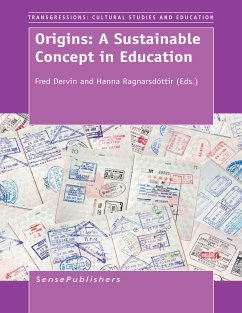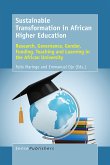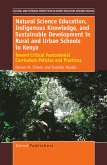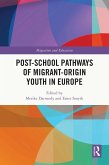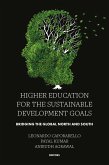This volume is original in several senses. It is one of the first books to deal directly and honestly with the thorny concept of origins in education. Balancing arguments for and against the advantages and drawbacks of origins, the volume will appeal to confirmed and novice researchers, practitioners and decision-makers who struggle with these elements. The volume is not a 'recipe book' to be followed as such. It offers fresh and sincere perspectives to current discussions on multiculturalism, intersectionality and social justice in education around the world by tackling a somewhat taboo subject.
Dieser Download kann aus rechtlichen Gründen nur mit Rechnungsadresse in A, B, BG, CY, CZ, D, DK, EW, E, FIN, F, GR, HR, H, IRL, I, LT, L, LR, M, NL, PL, P, R, S, SLO, SK ausgeliefert werden.

